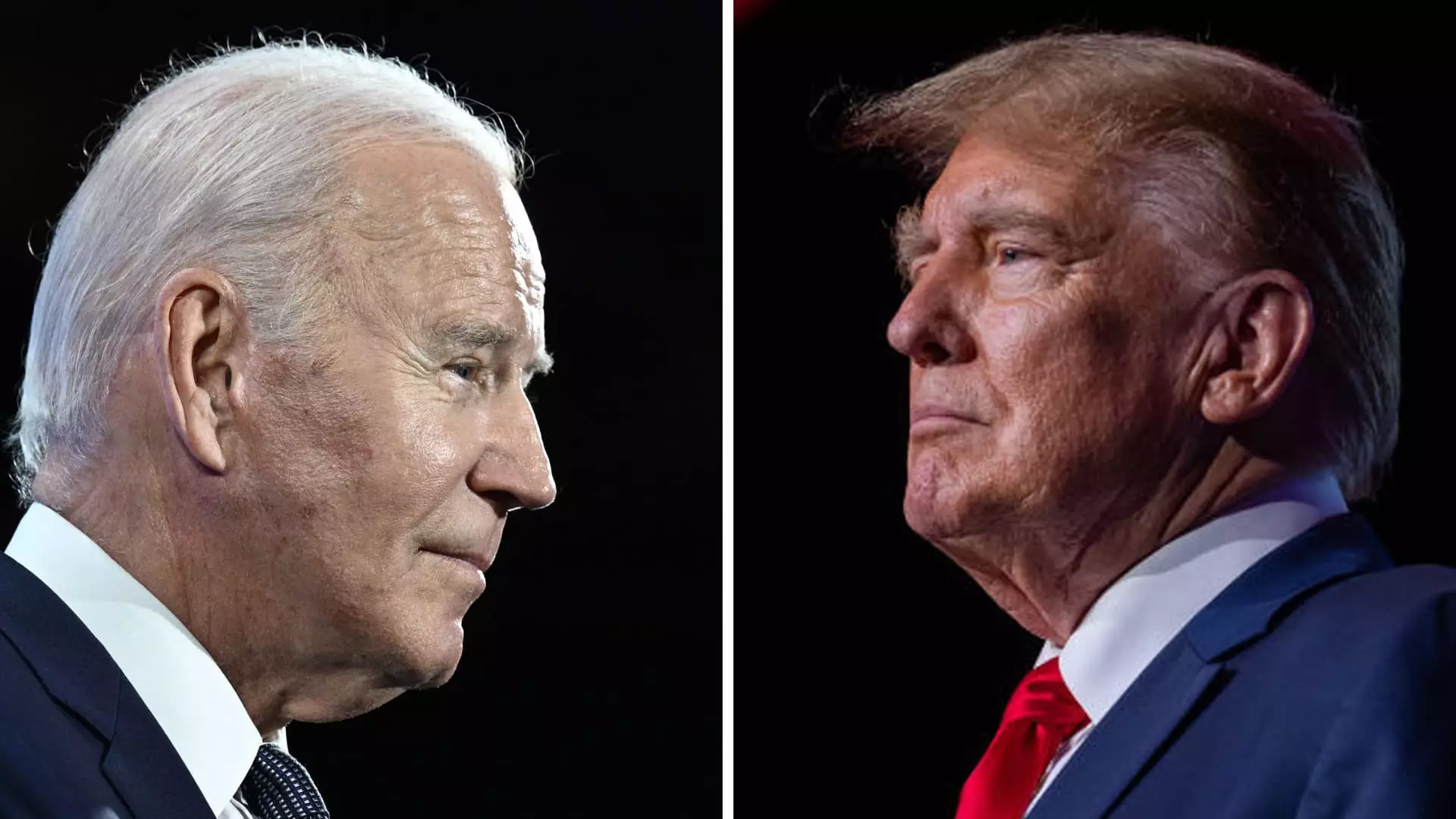As President Joe Biden and former President Donald Trump prepare to face off in the first presidential debate of the 2024 general election, one of the key issues that will be discussed is tax policy. Experts believe that this debate will provide insight into where the presumptive nominees stand on crucial tax matters, particularly the expiring tax breaks enacted via the Tax Cuts and Jobs Act of 2017 (TCJA).
Without Congressional action, several provisions of the TCJA will sunset after 2025. These provisions include lower federal income tax brackets, an enhanced child tax credit, and higher estate and gift tax exemptions. The Tax Foundation estimates that more than 60% of tax filers could face increased taxes in 2026 if the TCJA provisions expire. This raises concerns about the financial implications for American families and businesses.
Both Biden and Trump campaigns express interests in renewing TCJA provisions for the majority of Americans. However, questions arise regarding the cost of extending these provisions, particularly in light of the federal budget deficit. The Congressional Budget Office reported that fully extending TCJA provisions could add an estimated $4.6 trillion to the deficit over the next decade. This financial strain underscores the need for careful consideration and planning in tax policy decisions.
President Biden’s tax agenda focuses on raising taxes on the ultra-wealthy and corporations to fund TCJA extensions for individuals making less than $400,000 annually. Proposed measures include increasing the top individual income tax rate for earnings above $400,000, treating capital gains as regular income for households making over $1 million, and implementing a 25% minimum tax on wealth exceeding $100 million. Biden’s approach aims to address income inequality and generate revenue for essential social programs.
Former President Trump’s stance on tax policy remains a point of uncertainty. While expressing intentions to fully extend expiring TCJA provisions, Trump has also endorsed tariffs as a means of taxation. He has proposed eliminating taxes on workers’ tips and pursuing an “all tariff policy” to replace income tax. The unpredictability of Trump’s ideas raises questions about the feasibility and impact of his proposed tax reforms.
Both Biden and Trump have expressed support for tariffs, albeit to varying degrees. Economist Erica York highlights the negative consequences of tariffs, emphasizing that they increase costs for American businesses and create disadvantages for firms competing globally. Trump’s imposition of tariffs on various countries during his presidency has been a contentious issue, with implications for international trade relationships and economic stability.
The upcoming presidential debate presents an opportunity for Biden and Trump to articulate their tax policy visions and engage in critical discussions on the future of the nation’s economy. As voters evaluate the candidates’ proposals, it is essential to consider the long-term implications of tax policy decisions on individuals, businesses, and the overall fiscal health of the country. The outcome of the 2024 election may shape the trajectory of tax reforms and economic policies for years to come.

